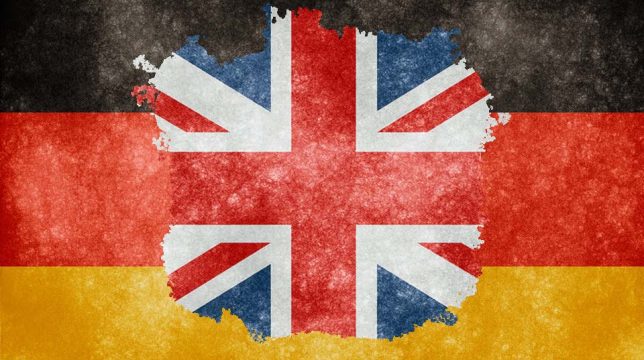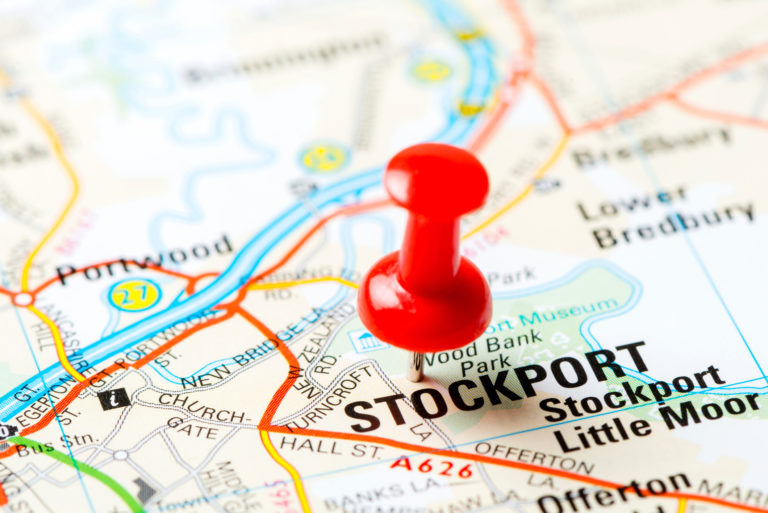The post-Brexit world has created some new, unexpected allegiances across the country. One of them is the new friendship between Manchester’s property and Germany’s investors, and the drop in Sterling as their matchmaker.
Following a recent article by the MEN, German investors see Manchester as the UK’s most important city after London.
Deka, a big German bank, has paid a total of £164 million for the new office block at One Saint Peter’s Square. Experts are now saying that the city could see even more investment from german firms before the end of the year, despite Britain’s decision to leave the EU.
The combined spending power of German investment in manchester is rated as “hundreds of millions” of pounds. Another £200 million or more are expected to be poured into Manchester from german before the end of the year.
The drop of the Sterling during a period of uncertainty after the Brexit vote opened a window for European investors to get more bang for their bucks when investing in the UK.
In their German press release, the bank described Manchester as the biggest economic in the UK area after London and the largest regional office market.
Deka is only one of quite a few who German companies who chose Manchester as their spot of foreign investment. Hansainvest bought Amazon’s distribution hub with a size of 28,000 sq ft for almost £35 million just before the referendum date.
Seemingly a big investment, for German standards the purchase of the hub was actually rather small as they usually see deals of £50 million or more.
Regional director at Bilfinger GVA, Mark Rawstorn, who also advised in the sale of the St. Peter’s Square Block says:
When a German investor like Deka says they regard Manchester as the strongest market outside London they are not saying it to flatter us – they put it in their statement to German investors because it’s true.
The underlying price – and strength – of the occupational office market in Manchester is what gives properties like this value which is why London – and Manchester – will be a magnet for investors.
There is underlying strength in Manchester that German investors like, but don’t underestimate the effect of the devaluation of Sterling. This means Euro-denominated funds like Deka’s can buy an awful lot more in the city, and that makes a difference.”
James Porteous, capital markets director at JLL, supports the earlier statement:
The amount of German money looking to buy into Manchester runs into many hundreds of millions of pounds.
They want to buy the best, and Manchester is the best – the problem is there is only so much good office or warehouse property around to buy in the city at any one time. That slows things down.
Some are prepared to sit on their hands and wait – others spot other opportunities in places like Edinburgh or Frankfurt, and buy there instead.
“We’ve seen more enquiries from overseas, particularly from Germany but from Eastern Europe and elsewhere, since the Brexit vote than before. We’ve taken them for walks round the city, shown them how it works, and they like the city and the Northern Powerhouse idea.”
To all those, who have been interested in the relationship between Manchester and Germany for a bit longer, this investment interest might not come as a giant surprise.
A research paper by Colliers International from 2012 already saw a strong connection between the two more than 4 years ago. Back then, even the Northern Powerhouse was still in its very early stages. The report attributes Manchester more similarity with big German cities than with its British brothers and sisters and sees the reason for its significant growth in those attributes.
Of course, pragmatic and easily measurable reasons like the drop in pound value are certainly a main influencer for the surge of German investment. One might stop and wonder for a second though, whether the similarity gives Germans the trust to put their money in the North’s most successful city.










